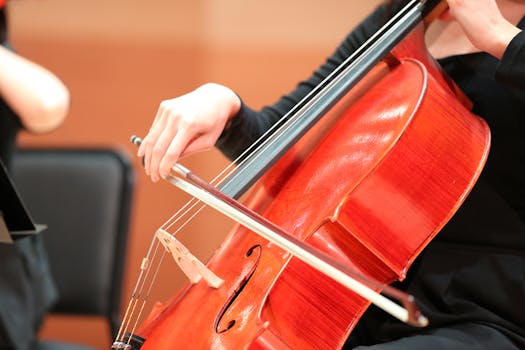Gambling Superstitions Around the World: Fact or Folklore?
Gambling is not just a game of chance but also a realm where superstitions flourish. From the bright lights of Las Vegas to the bustling streets of Macau, players across the globe adhere to varied rituals and beliefs, hoping to sway luck in their favor. But are these gambling superstitions merely folklore, or do they hold some factual significance? This article delves into the intriguing world of gambling superstitions, exploring their origins, comparing their implications, and examining practical examples from different cultures.
The Role of Superstitions in Gambling
Superstitions in gambling often stem from the human need to control or predict the unpredictable nature of games of chance. These beliefs can range from lucky charms and specific rituals to more elaborate practices tied to cultural or historical contexts.
Common Gambling Superstitions and Their Origins
- Lucky Numbers and Colors
- In many Western cultures, the number 7 is considered lucky, often associated with positive outcomes in slot machines and table games.
- In Chinese culture, the number 8 is deemed fortunate due to its phonetic resemblance to the word for prosperity (Source: China Culture).
- Red is a lucky color in many Asian cultures, believed to bring good fortune and wealth.
- Rituals and Behaviors
- Some players never count their money at the table, a superstition famously immortalized in the song "The Gambler" by Kenny Rogers.
- Knocking on wood or throwing salt over one's shoulder are common practices to ward off bad luck.
- Specific Items as Lucky Charms
- Many gamblers wear or carry lucky charms, such as rabbit's feet, horseshoes, or even specific items that have previously brought them luck.
- Special gambling attire, like a lucky hat or shirt, is often worn to enhance luck.
- Psychological Comfort: Superstitions can provide a sense of control and reduce anxiety in the inherently uncertain environment of gambling.
- Positive Mindset: Engaging in rituals might boost confidence, influencing a player’s decisions and behavior in a positive way.
- False Confidence: Reliance on superstitions can lead to overconfidence, prompting riskier bets or poor decision-making.
- Potential Financial Loss: Superstitious beliefs might encourage players to gamble more than they should, potentially leading to significant financial loss.
Pros and Cons of Believing in Gambling Superstitions
Pros:
Cons:
Practical Examples and Cultural Insights
In Las Vegas, it’s not uncommon to see someone rubbing a slot machine in a specific pattern or wearing a "lucky" outfit. At the craps table, some players will vehemently avoid saying the number seven, which is believed to bring bad luck during a game.
In Macau, the presence of Feng Shui principles in casinos, like the arrangement of gaming tables and the direction they face, illustrates a deep cultural connection to luck and superstition. These practices show a blend of traditional beliefs impacting modern gambling behaviors.
Conclusion: Embracing the Balance
While gambling superstitions add an intriguing layer of cultural diversity and personal ritual to the gaming experience, it’s crucial to approach them with a balance of skepticism and respect. Understanding the psychological comfort they may provide, it's equally important to recognize the risks of relying heavily on such beliefs. Gamblers should enjoy their rituals but remain mindful of the odds and maintain responsible gambling habits.
Whether you see them as fact or folklore, gambling superstitions undeniably enrich the tapestry of global gaming culture. Next time you find yourself at a casino, whether you choose to embrace a superstition or simply observe, remember that the most important bet is the one you place on your personal limits and responsibilities.

.png)





